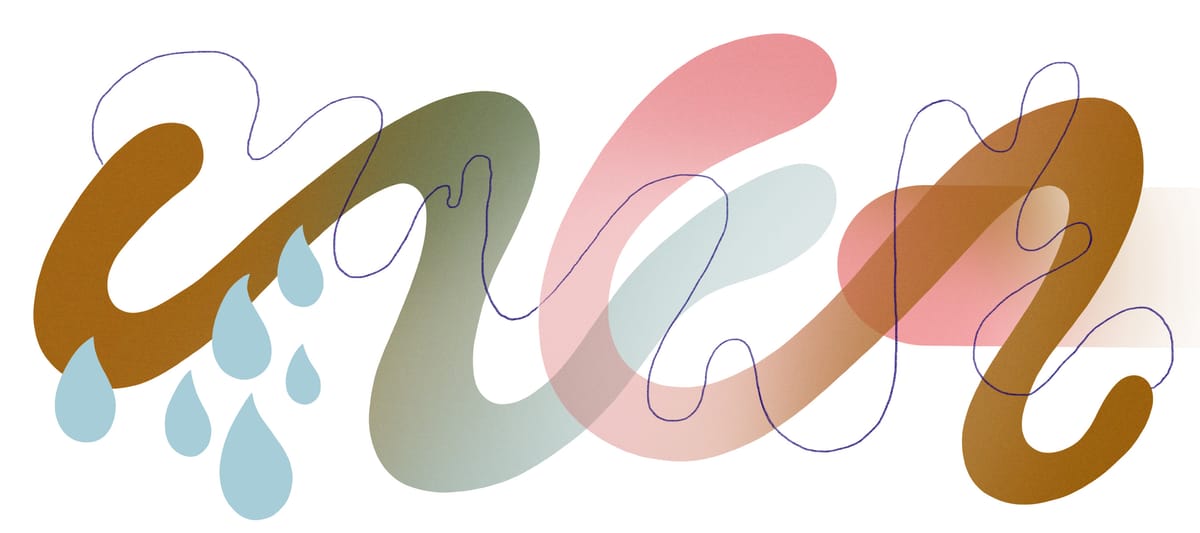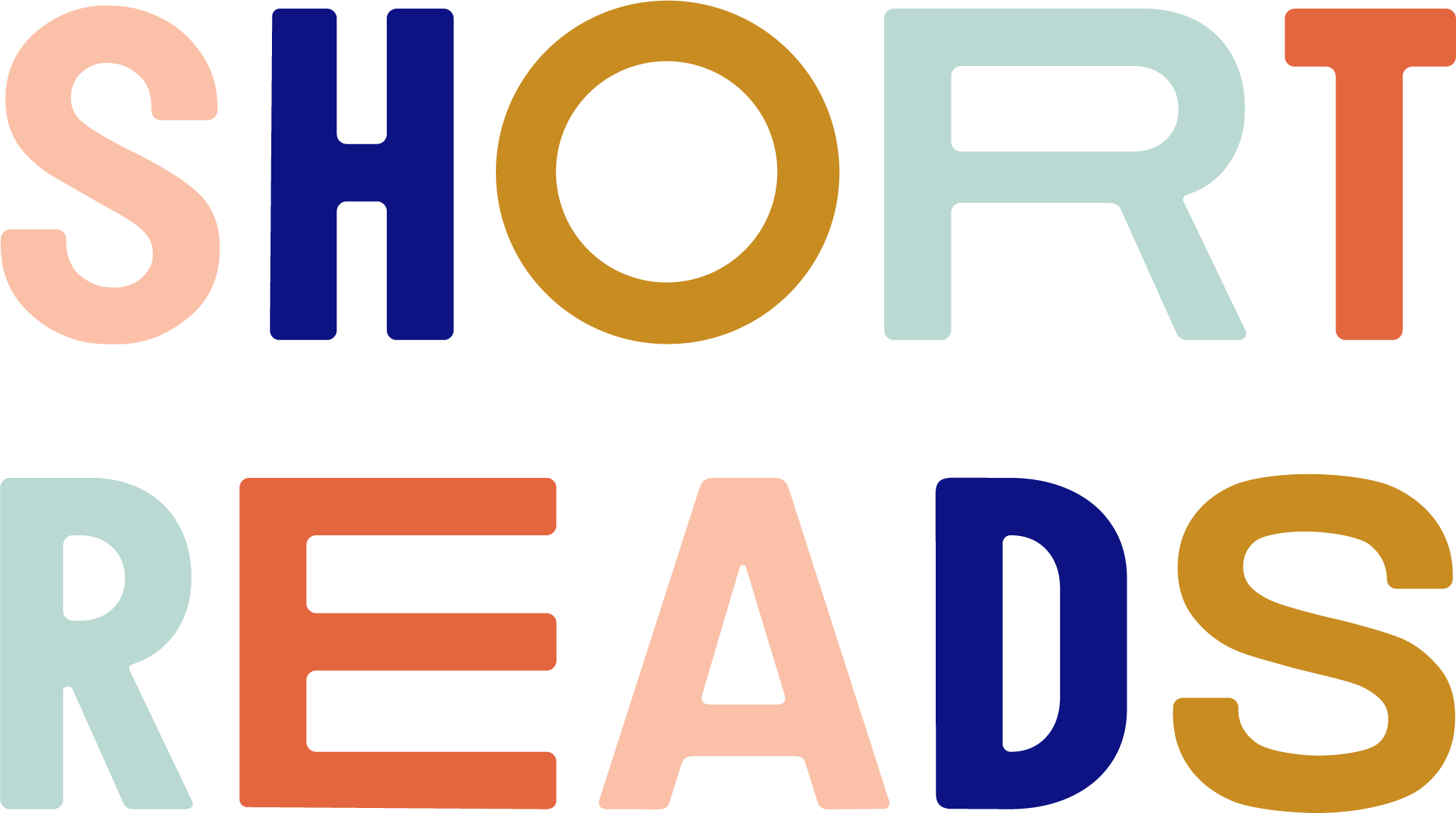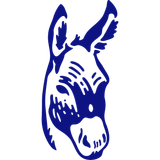Your Wife Knows You Are Here
by Helene Kiser | Visiting hours.

Kai is awake and relatively lucid this morning, very glad to see me. Tears stream down his face as he cries silently, perhaps without realizing he is doing so again. I kiss him, rest my forehead on his, smooth the moisture from his cheeks with my hands. I’m here.
I don’t know this yet, but I will remember this moment always. Our heads pressed together, Kai’s face in my hands, breathing each other’s breath, inhale, exhale. If only I could have known, in the present tense of the moment itself, what future we were careening toward at breakneck speed, I would hold us here, like a photograph. Suspended. Permanent. Each time the image shimmers in my memory, it’s a gut punch knocking the wind out of me, bringing silent tears instantly, unbidden.
A whiteboard hangs on the wall at the foot of Kai’s bed, always in his direct line of sight. This morning it reads:
Your Care Team Is: MICU
Nurse: Parissa
Today’s Focus of Care:
Do not get up by yourself!
Your wife knows you are here.
What’s your name? Your birthday? And today’s date? each nurse asks him every few hours. Kai always gets the first two questions correct, but not the third, even though it’s right in front of his face.
This has happened so often it’s a bit of an ongoing vaudeville. “What’s today’s date?” Parissa asks in an exaggeratedly cheerful tone, setting up the joke. A joke that is actually, really and truly horrifying—yet we make light of the situation because what else can we do?
“Oh, I’m going to get it this time. I’m sure of it! It is …” he pauses for dramatic effect, “April 21 ...” longer pause, then, with a big grin, jabbing his finger into the air in a eureka moment, “2018!” A year in which he will not exist.
He nods proudly, smiles at Parissa for confirmation.
How little we understand about the miracle workings of the human brain, its eighty-six billion neurons knitted together by a hundred trillion interlocking connections; even the numbers here are incomprehensible. How much more difficult, then, to unpack a brain haloed in cancer?
Now we’re alone again, him on the bed, me standing next to him. We hold hands. His hand is cold. From my mother, I inherited a Raynaud’s-like condition, where my extremities are always chilled due to lack of circulation. I wear gloves in the grocery store, earmuffs at a windy beach.
But Kai’s hand is cold now.
If this were a novel, I would work in the subtle notes of symbolic foreshadowing to underscore the heavy importance of this scene, this morning, this day in its entirety. Would secretly plant clues a reader wouldn’t fully pick up on until later, the big reveal. But I have no idea this will be the last time Kai and I will ever be alone together. Not the last time we will be the only two people in the room—this will be true for days and nights more. The last time Kai is awake, is lucid, in his body and his mind. Is Kai, recognizably, though diminished, illogical, repetitive, unfinished, and weeping, always weeping. Peculiar to associate weeping with Kai, so physically broad and powerful, a former football cornerback.
He turns to me. “I don’t understand. I guess I’m dying? I don’t know how that happened.” His hands drop, palms up, into his lap.
I want to go back in time, stretch these minutes out to infinity. The weight of my unsaid words will crush me, a spider under a heavy boot. I want to keep holding him while there’s still time, hold him literally and figuratively, in my hands, my arms, my eyes, skin to skin. Dissolve into him, one body, one scream that never, never ends, swirling in weeping watercolor. Tell him I love him, tell him I’m sorry, so sorry, so fucking sorry.
Helene Kiser is the author of Topography and is currently working on a memoir. Founder of the Butterfly Blueprint and writer of the free weekly Editorial Notes newsletter, she teaches other writers how to self-edit like a pro. Find her online at helenekiser.com and @HeleneTheWriter.
This essay first appeared in Hippocampus Magazine (May–June 2022).
PS/ We’re looking for flash nonfiction reprints. See the submission call →
Want more like this? Subscribe to Short Reads and get one fresh flash essay—for free—in your inbox every Wednesday.







